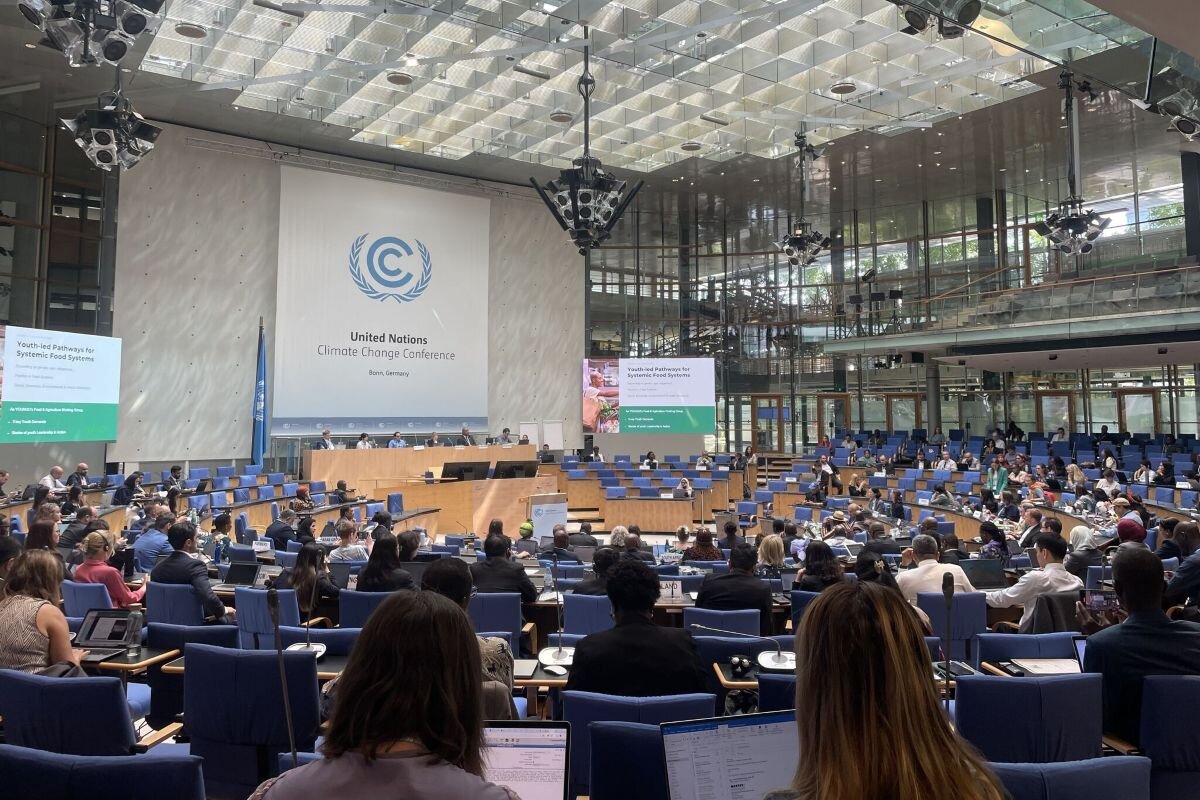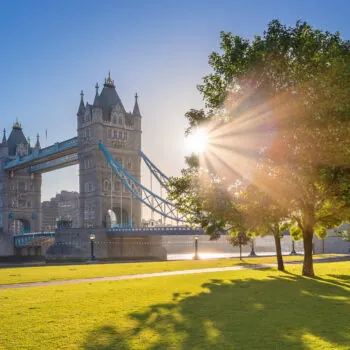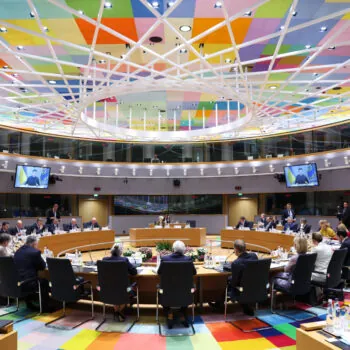With summer in full swing, the clock is ticking for governments to finalise their NDC 3.0 submissions before COP30 later this year. At London Climate Action Week, the Bonn intersessionals, and beyond, a clear message has emerged: the next round of nationally determined contributions needs to be investable, implementable, and enforceable to make them impactful. The challenge now lies in how to translate that ambition into practice.
Good governance is one answer, according to the inaugural Climate Governance Forum held during this year’s London Climate Action Week in June. Organised by E3G and the International Climate Councils Network (ICCN) with support from the TAI Collaborative and the Net Zero Lawyers Alliance, the half-day event sought to demonstrate the array of benefits that effective, inclusive climate governance can have. At its core, good climate governance means embedding transparency, accountability, public participation, legal robustness into how climate decisions are made and implemented. Strengthening these foundations can enable countries to:
- ensure that climate policy is grounded in evidence, through institutions such as climate councils;
- hold governments accountable to their climate commitments with climate framework laws;
- create mechanisms for everyday citizens to participate in climate policy making processes, including citizens’ assemblies;
- build a ‘glidepath’ that maps out what transition will look like for investors and businesses; and
- offer citizens, governments and stakeholders with accurate, accessible analysis and solutions and stem the flow of mis- and disinformation that undermines democracy, climate action and progress towards every UN sustainable development goals.
Climate councils
Climate councils – expert bodies that advise governments on climate policy – often take on several of these tasks simultaneously. The UK Climate Change Committee (CCC) was the first of its kind when it was established in law in 2008. It publishes evidence-based advice on climate policy, annual reports on the government’s progress, and carbon budgets outlining sector-specific emissions pathways for the UK. For example, in 2024 the CCC published its advice on the UK’s NDC, which the government adopted in its formal submission.
As an independent body, the CCC can offer policy recommendations that might otherwise be considered too ambitious or politically sensitive. Its reports have even been cited in court cases to hold the UK government accountable on its climate commitments.
Globally, more than 25 national level climate councils are now part of the ICCN. Working with E3G, the ICCN facilitates knowledge exchange and capacity-building amongst its members through a dedicated Secretariat hosted at E3G.
While each climate council has an official mandate from its government, their specific roles and remits vary. Around the world, climate councils play multiple critical roles in relation to climate policy: they can be advisors, watchdogs, convenors, or some combination of the three. The South African Presidential Climate Commission, for example, takes a procedural justice approach by hosting regular stakeholder engagement events on the country’s NDC submission, all while retaining independence from government and grounding its advice in evidence. In Chile, the Scientific Advisory Committee on Climate Change has organised both virtual and in-person dialogues to ensure the voice of the country’s scientific community is integrated in the final draft of its NDC.
Governance in action
Designing an effective climate advisory body that fits within existing governance frameworks is a complex, no ‘one-size-fits-all’ process.
To support governments and institutions in this effort, the ICCN has launched a new toolkit: How to Create a Climate Council . By drawing on valuable lessons from its members, the ICCN is offering international benchmarks and practice that can support the creation of new climate advisory bodies around the world. Bursting with real-life case studies and academic research from experts, it serves as a practical guide to strengthening climate governance.
From securing an official mandate, to establishing independence and accountability mechanisms, to ensuring that a council’s secretariat is well-resourced, the toolkit offers concrete examples that governments can adopt in this critical year for improving governance and securing a safe and liveable future for all.
Climate councils are not a silver bullet. To be truly impactful, they must be part of a strong governance ecosystem. Governments should consider creating climate framework laws, or updating existing ones, with accountability mechanisms to make them more robust and experimenting with democratic innovations such as citizens assemblies and incorporating insights from citizens into advice to governments. Efforts should focus on countering climate misinformation and ensuring the regular publication of reliable, independent climate data. They should engage the private sector constructively, reducing corporations’ ability to lobby for climate-negative policy and building out the ‘whole-of-society’ case for progressive climate action.
If we are to reach our shared international climate ambition, governments must urgently strengthen institutions, systems and processes that underpin effective climate governance. As we approach COP30, now is the moment to act.


